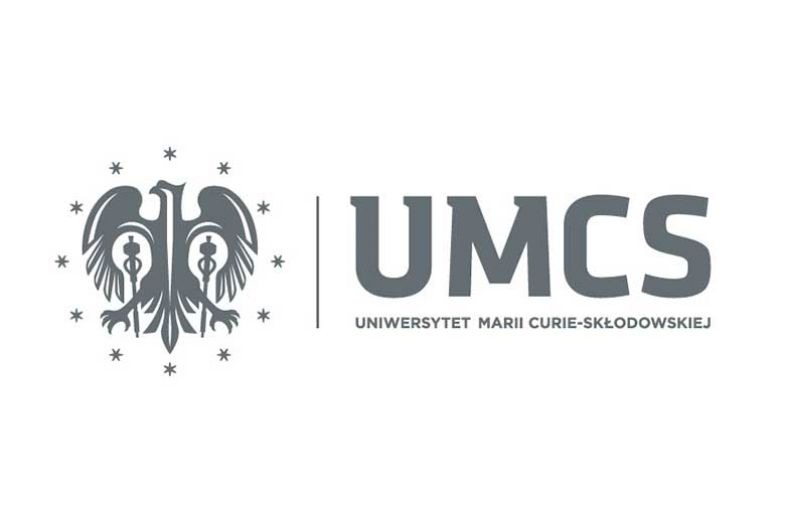

Why is Poland attractive to international students?
The country's attraction is explained through surveys done at Marie Curie-Sklodowska University.
The increasing number of international students in Poland is a trend that has already had a significant impact on the country's higher education system. It also begs the issue of what is making Poland such a popular tourist destination.
Some replies can be found in questionnaires submitted by international students at Marie Curie-Sklodowska Institution (formerly ranked as Poland's most international university by the Perspektywy Education Foundation, a non-profit organisation that promotes and supports education):
1. Poland's high educational level, which is a product of its European traditions and norms, as well as its highly trained academic staff. Another factor is Poland's student-university relationship model, which allows for some flexibility and freedom in shaping the curriculum (for example, after the first semester, students can choose their specialisation, take optional courses, choose their education modules, participate in Erasmus+ student exchanges, and study abroad at a partner university). All of these criteria help Polish university graduates find work across Europe and other parts of the world.
2. A sociable nation-state. International students stated in their questionnaire responses that, despite some unavoidable cultural differences, they received sympathy and kindness from local inhabitants. Although modern Poland is largely homogeneous, its mixed traditions and growing number of foreign residents make international visitors feel at ease.
3. The assistance and care provided to international students. Mentoring programmes and senior student networks at Polish institutions assist newly arriving students in quickly adjusting to life in Poland and studying there. As a result, students may easily integrate, and freshmen and senior students can get to know one another and form friendships.
4. Infrastructure that is student-friendly. According to international students, Poland's cities' infrastructures, as well as the country's universities' infrastructures (such as student housing, classrooms with multimedia tools, and well-equipped labs), make the country an appealing destination to study. Students have access to city bicycle networks, car-sharing systems, and public transportation at a minimal cost. Another popular characteristic noted by students is the wide range of eateries serving cuisine from around the world. Lublin was one of the top ten student-friendly cities in Europe according to American College Magazine in 2016.
5. Affordability of life and education. Poland's cost of living is competitive when compared to Western Europe, making it appealing to both international investors and students. For example, monthly accommodation fees vary from €70-100 (dormitory) to €120-150 (per room in a shared students’ apartment). Monthly food expenses range from €70-90.
6. Poland boasts several natural wonders, such as the Mazury Lake District and the Tatra Mountains, as well as green spaces, nature reserves, natural monuments, and forests, all of which contribute to the country's appeal as a study and settlement destination.
These factors are combining to make Poland more appealing to an increasing number of international students who value the quality of education and service they receive and choose to study there.
For more information about studying in Poland, find out more about the Polish National Agency for Academic Exchange (NAWA).





